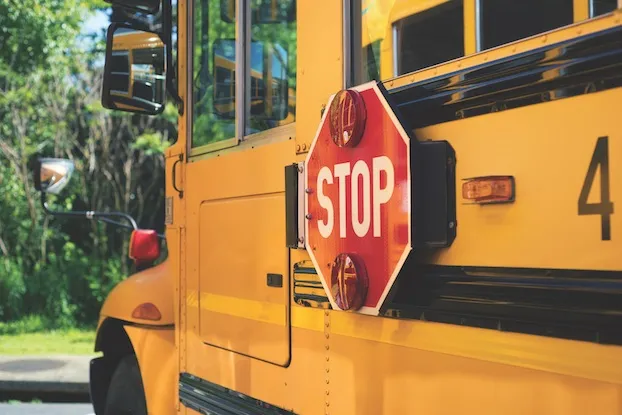Copyright American Press

In a recent webinar hosted by the Public Affairs Research Council of Louisiana (PAR), state education and judicial leaders addressed the growing crisis of truancy and chronic absenteeism in Louisiana schools. The panel featured State Superintendent Cade Brumley; Louisiana Supreme Court Chief Justice John Weimer; and Terrence Williams, director of Child Welfare & Attendance, Rapides Parish Schools. All emphasized the urgent need for cross-sector collaboration to combat chronic absenteeism, which they described as a gateway to long-term academic and legal challenges. They agreed that truancy must be addressed through prevention rather than punishment and called for stronger partnerships between schools, courts and community organizations. Brumley said that Louisiana has made “tremendous strides” in K-12 education with the help of policy makers and constituents. Louisiana recently moved up to spot 32 on the Nation’s report card. Despite this success, chronic absenteeism – defined as missing 10% or more of the school year – and truancy – five or more unexcused absences – has stalled academic progress, he said. Post-pandemic, school attendance has become “almost optional” for some, he said “Being beyond the pandemic, certainly we want students … to be in school as much as they possibly can every single day.” He cited post-pandemic data showing statewide absenteeism at 24 percent and truancy at 42 percent for the 2023–24 school year. While these numbers have decreased to 22 percent and 40 percent, respectively, for the 2024-25 school year, he emphasized the importance of early identification, consistent school policies, and parental engagement at the local level. “I think it’s much better for parents to hear from their local school with their principal and their teachers or their local school system than from Baton Rouge and state government,” he said. “We are trying, as much as we possibly can, to provide local systems the resources that they might need to further support the parents” Weimer provided insight into the judicial system’s response to truancy. He described how courts often encounter students after years of missed school, when academic failure and behavioral issues have already escalated. He advocated for diversion programs that keep students out of the juvenile justice system and redirect them toward support services. He stressed that truancy is not just an educational issue but a community concern with legal and social implications. Williams shared practical strategies from Rapides Parish, where his team conducts home visits and works directly with families to identify barriers to attendance. He cited transportation, unstable housing, and lack of communication as common challenges. Williams emphasized the importance of building trust with parents and students, noting that punitive measures often fail to address the root causes of absenteeism.



